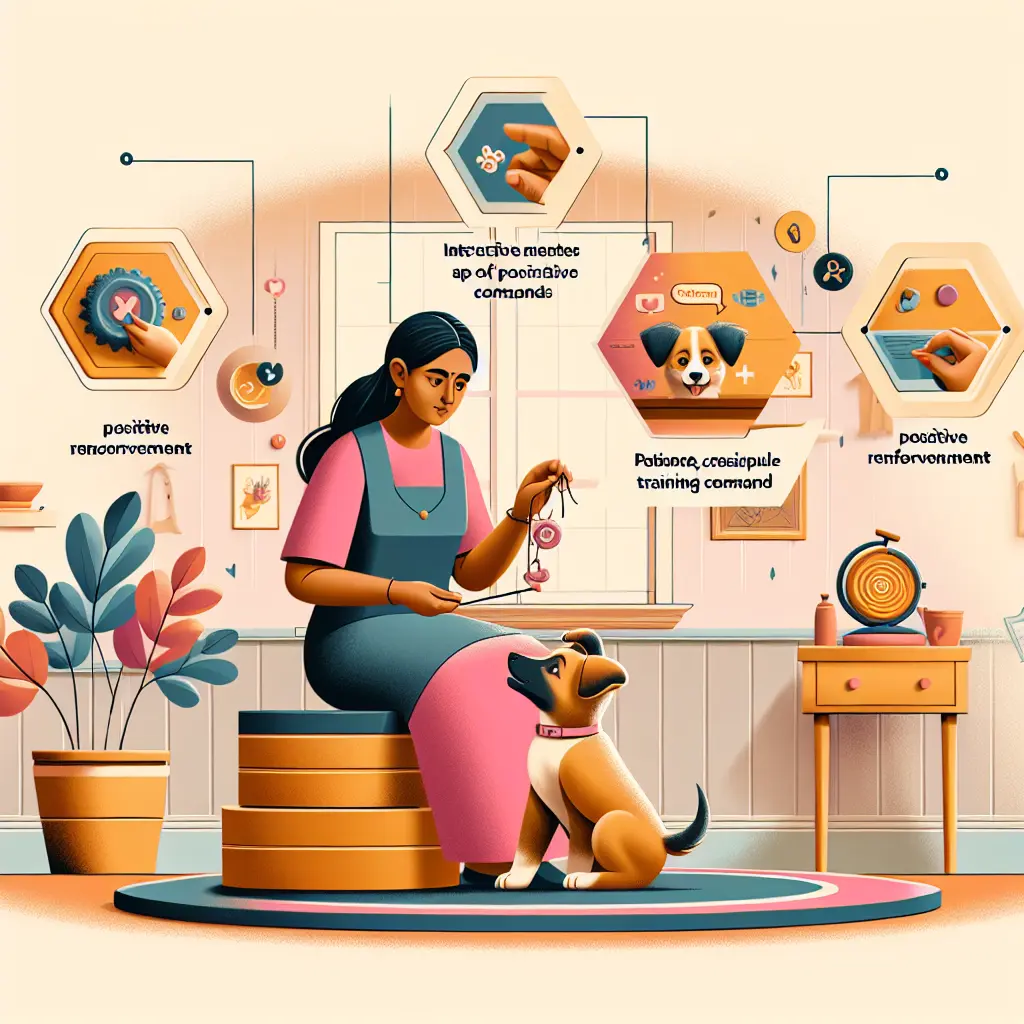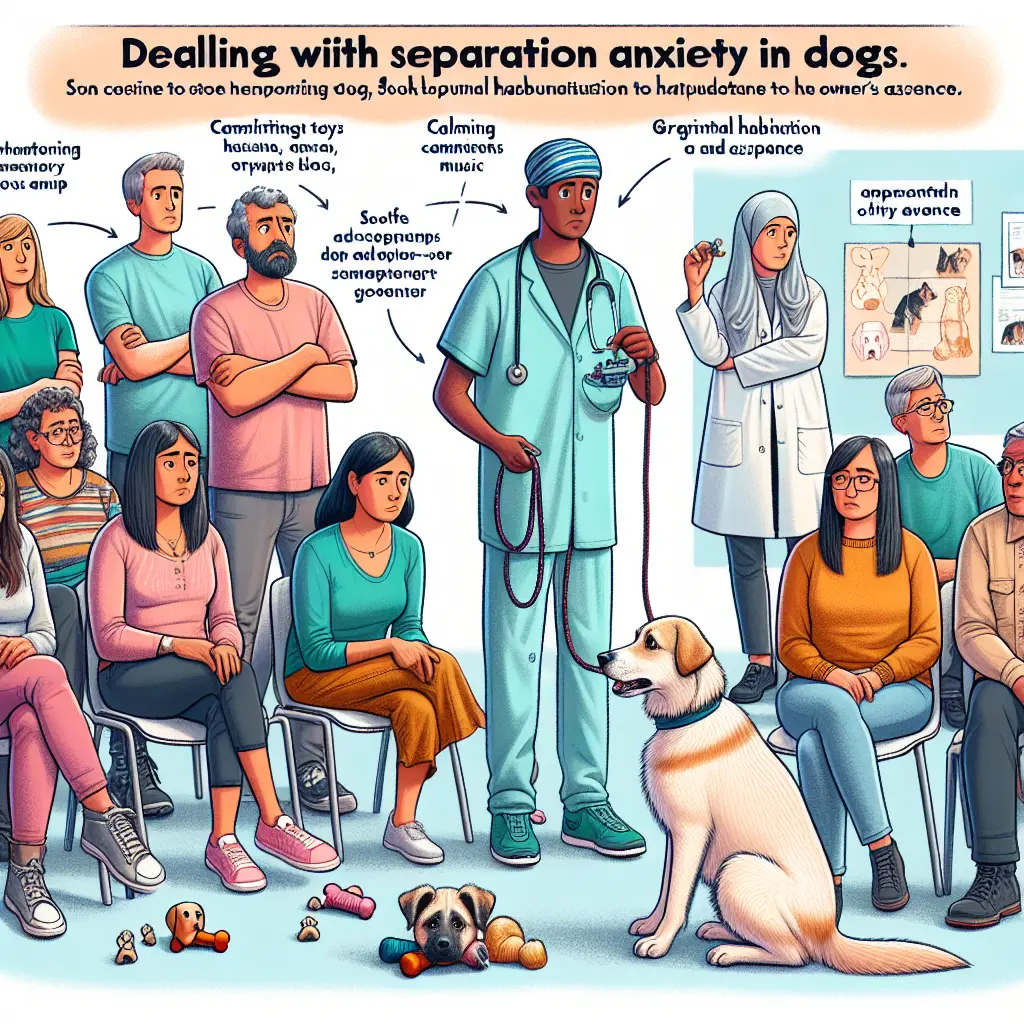Welcoming a new puppy into your home is an exciting journey filled with joy and challenges alike. As adorable as these little bundles of joy are, it's essential to equip yourself with effective puppy training techniques to ensure they grow into well-behaved adult dogs. The key to success lies in employing a range of new puppy training strategies, each designed to cater to different aspects of a puppy’s development. Whether you're a first-time pet owner or a seasoned dog lover, understanding the basics of house training puppies, crate training, and obedience training for puppies can transform your approach and yield remarkable results.
The journey of puppy training begins with establishing a consistent puppy training schedule. This not only helps in setting expectations for your furry friend but also in integrating essential training practices such as puppy behavior training and basic commands for puppies into daily life. House training puppies is often one of the initial challenges faced by owners. However, with effective puppy training tips and techniques, this critical phase can be managed with patience and consistency.
Moreover, crate training puppies offers numerous benefits that extend beyond mere convenience—it provides a sense of security and personal space for your pet, aiding significantly in behavioral management. On the other hand, obedience training for puppies lays the groundwork for future interactions and ensures that your puppy develops respect and understanding of basic yet essential commands.
Puppy socialization techniques also play a crucial role. They help your puppy adapt to various environments and interactions, which is vital for their overall growth and development. Implementing positive reinforcement for puppies during these sessions can significantly enhance learning outcomes and strengthen your bond.
For those inclined towards personalized methods, DIY puppy training might be appealing. It allows you to tailor practices and routines that suit your lifestyle while fostering a unique connection with your pet. However, attending structured puppy training classes can also be beneficial, providing professional guidance and socialization opportunities under expert supervision.
Effective Strategies for Training Your New Puppy
Training a new puppy requires patience, consistency, and the right techniques to ensure they grow into well-behaved and happy adult dogs. From house training to socialization, each aspect of puppy training plays a crucial role in your pet's development. Here, we integrate recent news and updates into our discussion on effective puppy training strategies.
House Training Puppies
House training is often the first major challenge for new puppy owners. It involves teaching your puppy where it is appropriate to go to the bathroom. Establishing a consistent puppy training schedule is vital. Take your puppy out at regular intervals, especially after meals and naps. According to recent trends in pet care, incorporating positive reinforcement for puppies during house training can significantly enhance the process. Rewarding your puppy with treats or praise immediately after they go outside helps them understand the desired behavior quickly.
Crate Training Puppies
Crate training serves multiple benefits, from providing a safe haven for your puppy to aiding in house training. The secure environment of a crate can help reduce anxiety and offer a space where puppies can unwind and feel comfortable.
Obedience Training for Puppies
Obedience training lays the foundation for your puppy's behavior and responses to commands. Teaching basic commands such as sit, stay, come, and down should be part of daily routines. This not only improves your puppy's discipline but also enhances your bond with them.
Incorporating Current Trends and Insights
With the growing interest in pet cloning as investigated by CBS News New York, it's evident that pet owners are increasingly committed to preserving the unique traits of their pets. This highlights the importance of early and effective training to ensure these desirable traits are developed and maintained throughout a dog’s life.
Training a puppy is undoubtedly an investment in the future of your pet. It requires a blend of science-backed techniques and heartfelt dedication but promises returns of unconditional love and loyalty. As you embark on this rewarding journey, remember that each moment of patience contributes to a lifetime of companionship.
In conclusion, integrating these effective puppy training strategies with the latest trends and insights from recent news can help create a comprehensive approach that enhances the training experience for both puppies and their owners. By employing these methods consistently and adapting to your puppy's individual needs, you set the stage for a lifelong companionship filled with mutual respect and understanding.
In summary, the process of training a new puppy is multifaceted, requiring a blend of patience, consistency, and tailored approaches to meet both the developmental and emotional needs of the young canine.
By embracing these insights and approaches, you are setting the stage for a rewarding and joyful journey with your new furry friend.






Leave a Comment